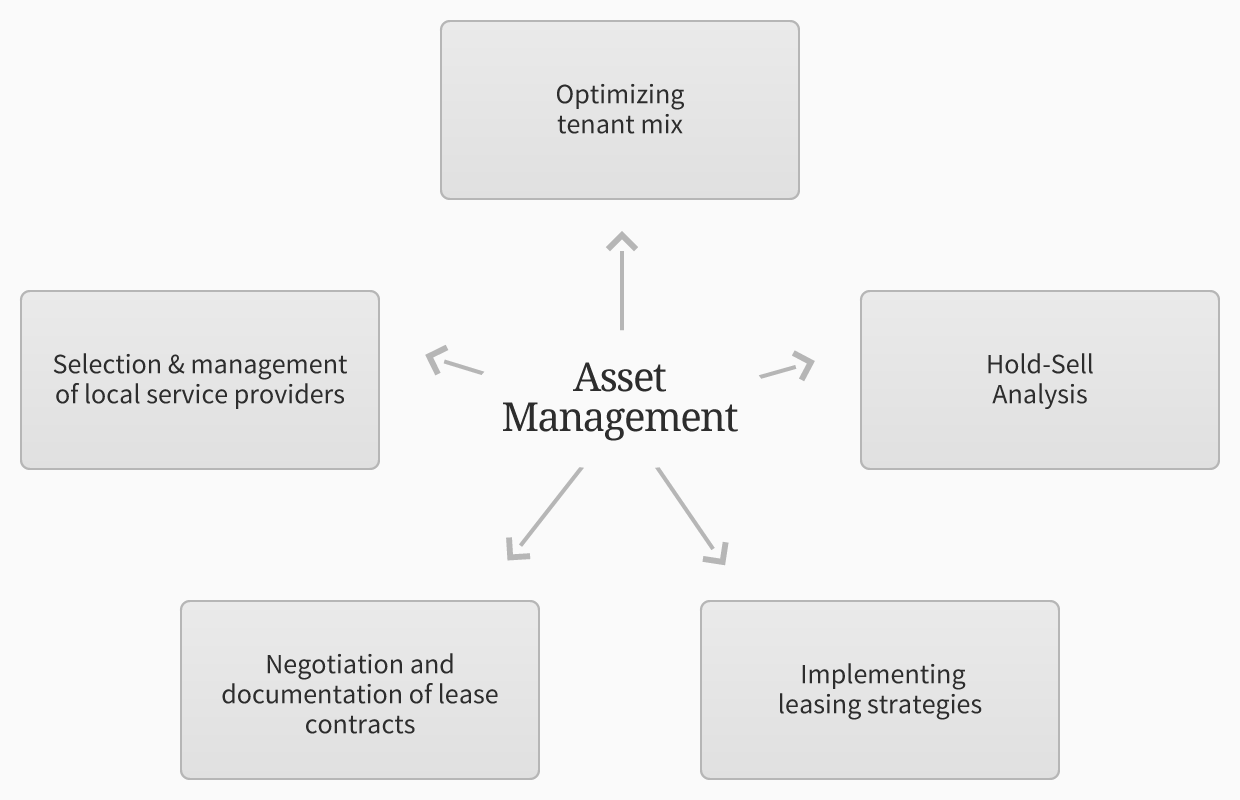
Real estate management includes the purchase, operation, and maintenance of real estate. This covers both residential and commercial real property. It also includes employees, equipment, and physical capital assets.
Property management can be complex. Property managers must first understand the local rental market to be able understanding the tenant's needs. They may also have responsibilities related to marketing, maintenance and conflict resolution. They should also be familiarized with federal statutes and their application to their business.
Property management is offered by professional companies. Most states require that property managers must be licensed. These property managers are usually licensed salespeople or realtors. These professionals include developers, appraisers and bankers.
A typical property management service includes cost budgeting, tenant placement, advertising and marketing. The company can provide financials, advice about tax deductions, as well as recommendations for long-term plans. These companies can often provide financials on a quarterly, yearly or annual basis.

A property management company that is reliable and efficient can save you time and money. These companies can handle multiple properties at once, and they can also be a source of help for tenants. They are able to respond quickly and efficiently to tenant inquires. Some offer repair services.
If you hire a real estate agency to manage your property, you will be required to pay a fee. This fee typically amounts to 8%-10% of the rental amount. The fee can be waived if you have not signed a contract. Some companies also charge a set-up fee and a fee for letting tenancy.
Property managers are different from traditional landlords in that they will manage repairs and maintenance. Moreover, they can recommend marketing programs. This can result in increased profits year round.
Tenant maintenance calls are one of the largest drivers for property managers. Landlords who have their own rental properties often have little to no time to deal with tenant issues, so it's important to hire a qualified property manager.
Property managers have extensive industry knowledge and are capable of managing multiple properties at one time. They can also keep detailed financial reports. Moreover, they can provide owners with reports online.

Property management is a major investment. You need to find a company that offers good value for money. Choosing a great property management firm can ensure a smoother and less stressful experience for you and your tenants.
Property managers must be knowledgeable about the laws and regulations that govern rental properties. They must be able evict tenants without notice if the tenant is not paying and to collect late payments. Contractor's liability insurance must be purchased. The last thing they should do is to be able comply with the terms and conditions of the lease.
If landlords don't live close to their rental properties, they may consider property management. It can be time-consuming. Rent payments, tenant problems, stress relief, and more can all be made by hiring a property manager company.
FAQ
Where are handymen from?
There are thousands and thousands of handymen throughout the U.S. But almost none of them started their career as contractors. Most began their career as a tradesman and were taught how to do certain things by apprenticeships. Because of this, many have great skills and vast knowledge that can be a huge asset to any company.
Is it necessary to train a handyman for my work?
No. Handymen already possess the knowledge and skills to complete any project. All they need is the necessary materials.
Is there anything I should look out for before hiring a handyman?
You will want to make sure you hire someone who has experience with your type of project. Check references and talk to previous customers. You may also want to include some extra money to cover unexpected expenses. You will also need to make sure that your driver is licensed and insured.
Statistics
- More than 20% of homes in America have outdoor living spaces, including decks and patios. (mrhandyman.com)
- “Once the pandemic hit, that number fell to about 20%.” (inquirer.com)
- With a strong housing market, the handyman and general maintenance worker industry are expected to grow by nearly 10% in the next decade. (housecallpro.com)
- Mila keeps a commission of 20% for each completed service performed by Friends and charges various service fees regarding work done by Pros. (appjobs.com)
- A franchise was approximately $110,000 with a franchise fee of $14,900, according to a spokesperson for a national handyman franchise. (en.wikipedia.org)
External Links
How To
How to replace a broken tile
Step 1: Take away the old tiles.
The tiles should be removed from the flooring and placed aside. If you intend to use them, you will want to keep them intact. If they're damaged or missing pieces, note which ones they were so you don't run into problems finding replacements.
Step 2 -- Choose New Tiles
Check out these options for tile replacement.
-
Find a tile that is identical to the one you are removing.
-
To find the right piece, take the measurements you took as you were removing the tiles. This makes it easier to get the right size without having to measure again.
-
Consider looking for colors, patterns, textures and sizes in a variety of shapes and colors.
-
If you have a preference for grout, consider what it would be best to use. Some people prefer to use a single color, while others love mixing it up.
-
Choose a tile that resists moisture.
-
Also, think about where you want to place your new tile. This will help you save time and money.
-
Once you've decided on your tile, you can order it online or by calling your local Lowe's to place your purchase.
Step 3 – Install the new tiles.
You can install new tiles in the same way you did before. You must align them correctly to ensure they fit together.
Step 4 - Clean up
Be sure to sweep up all debris from the floor before applying the final protective layer.
This will prevent dust and dirt from building up between the tiles.
Step 5: Sand down the Floor
Clean everything and sand the floor.
Step 6 - Close the door
Once the floor has been completely smoothed, apply the protective coatings on the tiles. You should wait until this stage as wet paint can stain new tiles.
For stain protection, you can always use a product called "damp&dry" to clean your floors.
But it won't address every issue that might arise after installing your new tiles. Consider adding an anti slip coating to your protective layer if you have kids.
Finally, do not forget to keep the protective sealer on for several more weeks before you move back into your home.